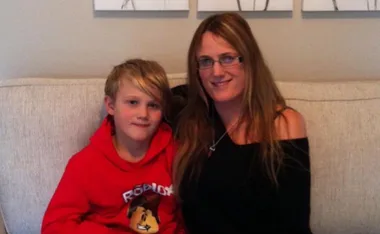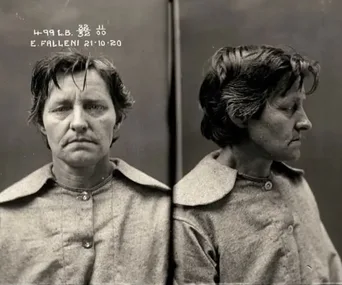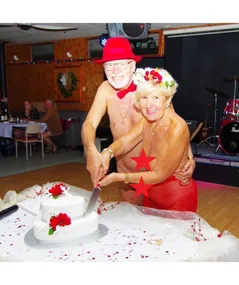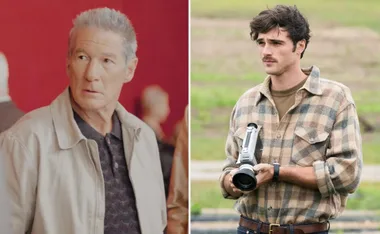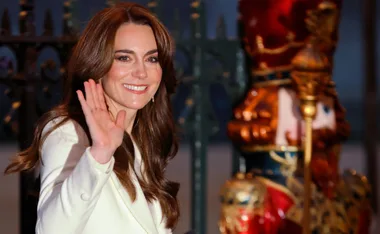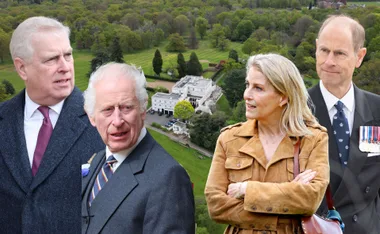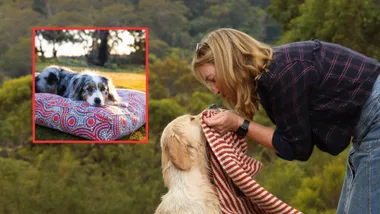Exclusive extract from Left Bank by Kate Muir.
Olivier was in Barthélémy’s cheese shop on the Rue de Grenelle, his nostrils flaring on delight at the loamy, buttery smell. You could leave the cooking up to the maid, but not the selection of cheeses for a dinner party. Was it not Olivier’s favourite foodie, Anthelme Brillat-Savarin, who said back in 1825: ‘Dessert without cheese is like a pretty girl with only one eye’? Exactly. Olivier was not merely a popular and unexpectedly handsome philosopher, but what the French call a gastrophilosophe: a man who understands that food is for the soul.
In many ways, food is what had started to drive Madison and him apart on their marriage. It was Olivier’s fate to have a passion for slim, elegant women, and to fall out of love with them as they either maintained their steely form against his sensual gastronomy or, worse still, ran to fat like his first wife. Olivier believed some women were naturally thin: he preferred not to imagine the maintenance and discipline required. In fact, three years ago when he happened to see her through the window of the Café de la Mairie by St Sulpice having lunch alone – talking alternate bites of a tiny green salad and drags on her cigarette. She’d looked haggard and grey-skinned in the harsh café lights, and had seemed intent on scorching her lustful tastebuds to death.
He shivered at the memory or perhaps it was the tiled cold of the cheese shop, with its great dark cellar beneath the street cosseting some two hundred cheeses at eight degrees centigrade, with just enough humidity and ventilation to induce ripe perfection in all that pasteurised milk. He thought affectionately of the affineur in the cellar, tenderly brushing each soft cheese with wine from its own region, massaging an Epoisses with a little Calvados and crème fraiche. One of the sales ladies bustled up to him in her white coat and matching Wellingtons. ‘Monsieur Malin, so wonderful to see you. And how is your little girl? We have something that may interest you today, an old Gruyère de Fribourg and have you seen the Mont d’Or? In season now.’
She dug a spoon into the bath of pinkish rind and waved the dripping cheese at Olivier, at such a pitch of ripeness he stepped back, overpowered. The smell brought a traumatic madeleine moment, and he recalled the day he had taken his fascinatingly working-class girlfriend from the ecole Normale Supèrieure for the weekend to his parents’ chateau in the country. At dinner, when offered the almost liquid Mont d’Or, she’d stuck a knife in it and sawed messily, instead of using the monogrammed silver spoon provided. She had clearly never progressed beyond cheap brie from Franprix. Olivier’s mother had given him — and her — one withering glance, and he’d understood that this was the end of the relationship. He’d been annoyed at the time, but he now realised his mother had been absolutely right.
‘Monsieur, the Reblochon is for this evening?’ said the saleswoman, pressing possible candidates of softness, Barthélémy prided himself on timing his cheeses to go off, like a gooey bomb, at the exact point of consumption. No wonder he served Matignon and the Elysée Palace too. Olivier tested a chunk of leathery orange Mimoulette, cracked with age, and wavered between two little goat’s cheeses, one dry and pungent, the other ripe and swathed in ashes. Sighing, he restricted himself to three cheeses; the palate would be corrupted by more. Indeed, sometimes he served just one cheese if it was particularly delicious in itself. He tasted a few more, for the sake of research, and then everything was tenderly wrapped in waxed paper and placed in the green and white Barthélémy bag. Once outside, Olivier popped his head into the nag for a second and breathed in the great waves of ripe Reblochon, his eyes glazed like a teenage glue-sniffer.
In a sensual trance, Olivier strolled down the Rue de Grenelle. The old walls glowed cream in the autumn sun. People had thrown open their double windows above the curlicued wrought-iron rails, and a dog slurped from the stone dragon waterspouts outside the Musée Maillol. When Olivier passed Dalloyau, he could not ignore the siren call of a tiny leek tart with flaky, butter-ridden pastry. As he pushed the bakery’s door to leave, a gamine girl with dark bobbed hair, high heels and a short green belted trench coat swept by him, pausing to make curious eye contact for a long moment, in the way men and women do in Paris. Olivier tossed back his locks and gave her is ‘Yes, it is I, the famous philosopher’ smile. She smiled quickly back, small white teeth in an almond-shaped face, and he watched through the window for a while as she ordered pistachio macaroons. He mused on the possibilities under her tightly belted green coat as he walked home, the tart warm in his jacket pocket.
The sunlight cut suddenly to cool darkness as Olivier stepped over the lintel of the apartment building. He could feel the evil eye of Madame Canovas upon him as he entered the arches, and hear her dry cough. His spine rippled. The concierge had long ago given up twitching her net curtains, and instead had pinned one back with a clothes-peg to create a permanent spyhole. Ever since her husband had left her, without a forwarding address, ten years before, she had been obsessed to near lunacy with everyone else’s business.
Her loyalty to the building’s management was unquestioning, and her knowledge of other people’s business unsurpassed. Olivier was sure she would have been an informer during the war given the chance. She got great satisfaction from following orders to the letter.
‘Good afternoon,’ said Olivier to the gap in the curtains, just to annoy Madame Canovas and indicate his contempt for snooping. This was a mistake, because on cue, she popped out of her layer, flapping, holding a bottle of pills and a little black book. Of witchcraft, Olivier presumed. ‘Ah, Monsieur Malin, you know I am the soul of discretion, but I just wanted to raise one matter with you.’ He looked round to make sure they were not overheard, and moistened her lipstick-gashed mouth. ‘The new nanny. The British girl…’



.png?resize=380%2C285)
.jpg?resize=380%2C285)




.png?resize=380%2C285)

